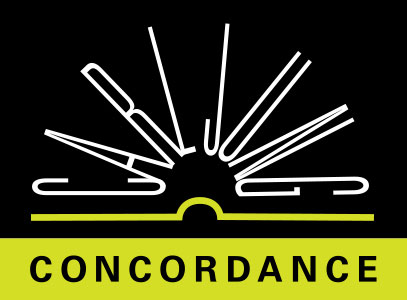The divine figure Eros may be understood as follows:
A figure having the following characteristics:
DIOTIMA'S CONCEPTION OF
Eros is a questionable fellow and will always remain so, whatever the legislation of the future may have to say about it. He belongs on one side to man's primordial animal nature which will endure as long as man has an animal body. On the other side he is related to the highest forms of the spirit
CW7 ¶ 32THE DIVINE MESSENGER
But he thrives only when spirit and instinct are in right harmony. If one or the other aspect is lacking to him, the result is injury or at least a lopsidedness that may easily veer towards the pathological. Too much of the animal distorts the civilized man, too much civilization makes sick animals
CW7 ¶ 32The wise Diotima in Plato's Symposium has aconception of the divine messenger and mediator. She teaches Socrates (ch. 23) that Eros is “the intermediary between mortals and immortalsa mighty daemon, dear Socrates; for everything daemonic is the intermediary between God and man”
CW5 ¶ 242This dilemma reveals the vast uncertainty that Eros holds for man. For, at the bottom, Eros is a superhuman power which, like nature herself, allows itself to be conquered and exploited as though it were impotent. But triumph over nature is dearly paid for. Nature requires no explanations of principle, but asks only for tolerance and wise measure
CW7 ¶ 32EROS' FUNCTION AS MESSENGER
“Eros is a mighty daemon,” as the wise Diotima said to Socrates. We shall never get the better of him, or only to our own hurt. He is not the whole of our inward nature, though he is at least one of its essential aspects
CW7 ¶ 33His function is to “interpret and convey messages to the gods from men and to men from the gods, prayers and sacrifices from the one, and commands and rewards from the other, thus bridging the gap between them, so that by his mediation the universe is at one with itself”
CW5 ¶ 242Thus Freud's sexual theory of neurosis is grounded on a true and factual principle. But it makes the mistake of being one-sided and exclusive; also it commits the imprudence of trying to lay hold of unconfinable Eros with the crude terminology of sex. In this respect Freud is a typical representative of the materialistic epoch, whose hope it was to solve the world riddle in a test-tube. Freud himself, with advancing years, admitted this lack of balance in his theory, and he opposed to Eros, whom he called libido, the destructive or death instinct
CW7 ¶ 33DIOTIMA'S DESCRIPTION OF EROS
Eros represents love, the opposite of Phobos (fear)
CW7 ¶ 78Diotima gives an excellent description of Eros:
CW5 ¶ 242He is bold and forward and strenuous
CW5 ¶ 242He is always devising tricks like a cunning huntsman
CW5 ¶ 242He yearns after knowledge and is full of resource and is a lover of wisdom all his life
CW5 ¶ 242He is a skillful magician, an alchemist, a true sophist
CW5 ¶ 242He is neither mortal nor immortal; but on one and the same day he will live and flourish (when things go well with him), and also meet his death; and then come to life again through the force of his father's nature
CW5 ¶ 242Yet all that he wins is forever slipping away from him ( Symposium 202 E, 203 DE, trans. by Hamilton, pp. 81f., modified )
CW5 ¶ 242